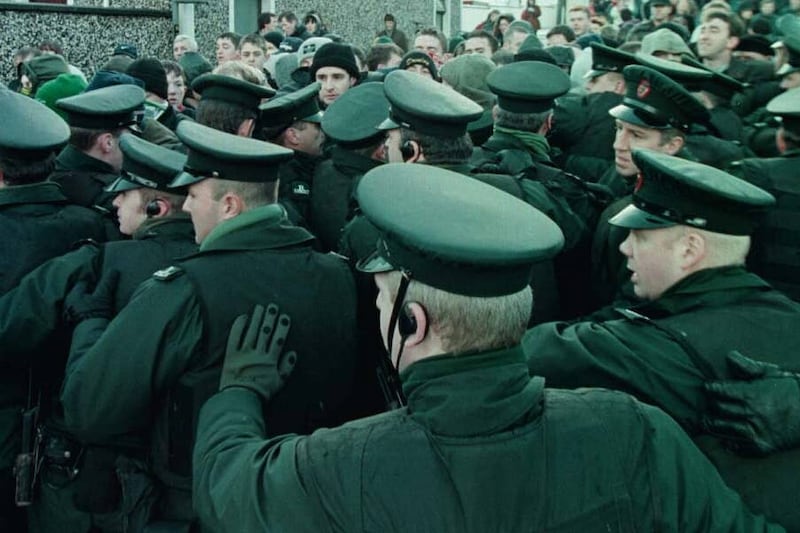September 16 1924
Writing in the “Westminster Gazette” on the prospects of the British Government and the political situation, Mr CFG Masterman, MP, formerly a Liberal cabinet minister, says: -
“In less than four weeks we shall be plunged into controversies, the result of which the wisest could not prophesy.
“The first is Ireland. No-one in England wants ever to hear the name of Ireland again. The old passions of forty years have vanished. We hoped that we had ‘disinterested’ ourselves in Ireland for all time – that Ireland would at last work out her own salvation.
“At the end of last session any suggestion that we should have to interfere in the Boundary Commission dispute, or any comment on our Treaty obligations, was received in the House of Commons almost as an indecent joke in a drawing- oom. Cries of ‘hush’ and of protest arose from all sides. You must not say a word, was the suggestion, which might deal with realities and prevent a ‘friendly settlement’ of a dispute which if settled ‘friendly’ in 1914 would have altered the history of the world.
“Well it may be settled ‘friendly’ in Ireland. All men hope so. But Ireland has a peculiar habit of destroying the hopes of men. And general ‘cooings’ and injunctions to reasonableness may fail to alter the ancient adamantine facts which broke up the Buckingham Palace Conference; facts, in Carlyle’s phrase, which are ‘entirely careless how you vote’.
“If the government decide that that Treaty of 1921 between Britain and Ireland must be implemented, the Liberal Party will support the government. The bulk of it had no responsibility for that Treaty. It bears upon it the names of the Tory leaders. It was carried by the Tory Party through Parliament. If these care to repudiate it, their honour is their own concern.
“But it is also a national treaty, registered as such by the League of Nations. That is a concern of national, not of personal honour. If, therefore, no agreed settlement is made outside, the Treaty will be implemented. If the Lords throw out the bill, a general election will take place. It will not be merely concerned with the Irish Treaty Bill. It will – as in the case of the Liberal Budget of 1909 – be also concerned with the action, powers, and composition of the House of Lords.”








